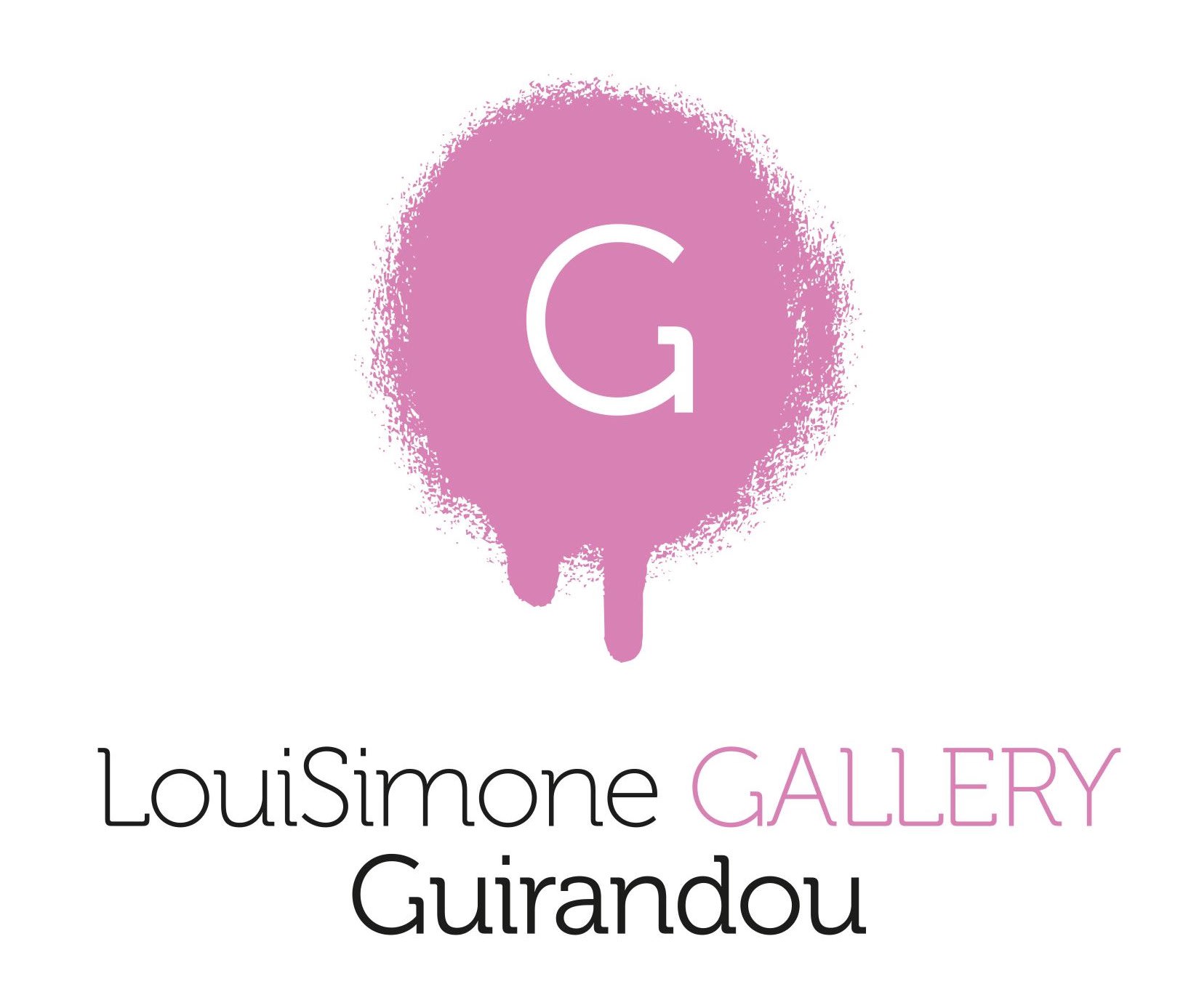"O, Wonder! How many goodly creatures are there here!
How beauteous mankind is!
O brave New World ! "
(William Shakespeare)
In an already worrying period, ninety years ago, Aldous Huxley's novel "Brave New World" was published, a dystopian fiction alerting us to the progressive domination of authoritarian, standardized and smooth doctrines, based on the industrialization/consumption vector and implying the subjugation of Nature and its systemic plunder. In spite of so many warnings, our world seems obstinate, abused by the interests and purposes of a system that has become suicidal. The current evolutions of the world can unfortunately be perceived as going dangerously towards the caricatural universe described in the fiction.
Here or there, even more so in this troubled period of pandemic, our societies undergo a form of sanitary diktat and the wanderings of a "science without conscience" with the restriction of freedoms and seem to be manipulated or even conditioned by biased media and multinational trusts... Huxley would probably have fun comparing his hypnopedic conditioning and the use of soma to the addiction to social networks and other digital media for consumerist purposes and to the blunting of any critical reflection!
The various political and social crises that regularly shake our region can also be analyzed through the prism of the novel: antagonisms between the imposition of a supposedly civilized world order and the social and humanist resistance of the jungle are perceptible in the historical development of the last thirty years in Mali.
Thus, in the exhibition Brave New World, four young artists from Bamako come to narrate a interpretation of their world in the grip of these struggles and offer us their poetic vision of an optimistic development. Ange Dakouo intends to protect us with these woven gris-gris and to alert us to the current drifts of our societies in the positive optics of an upcoming and global take-off. Dramane Bamana invites us in social and ironically candid frescoes. Dramane Diarra deciphers with onirism the various forms of oppressing conditioning. And Lass takes us to the jungle, a protected natural space, where human societies evolve with humanism in harmony with nature and in a form of redemptive solidarity.
Our four artists show us what the World could be if we paid more attention to our ordinary behaviors, to the sense of sharing and to the respect of our Mother Earth. They offer us alternatives to any simplistic dichotomy, like the islands in Huxley's novel that synthesize the best of both worlds! Thus convinced, the remaking of our breathless world according to humanistic and planet-friendly foundations will soon have us singing, like Miranda from William Shakespeare's "The Tempest":
"O, Wonder!
How many goodly creatures are there here!
How beauteous mankind is! O brave New World! "
Amédé Regis Mulin


